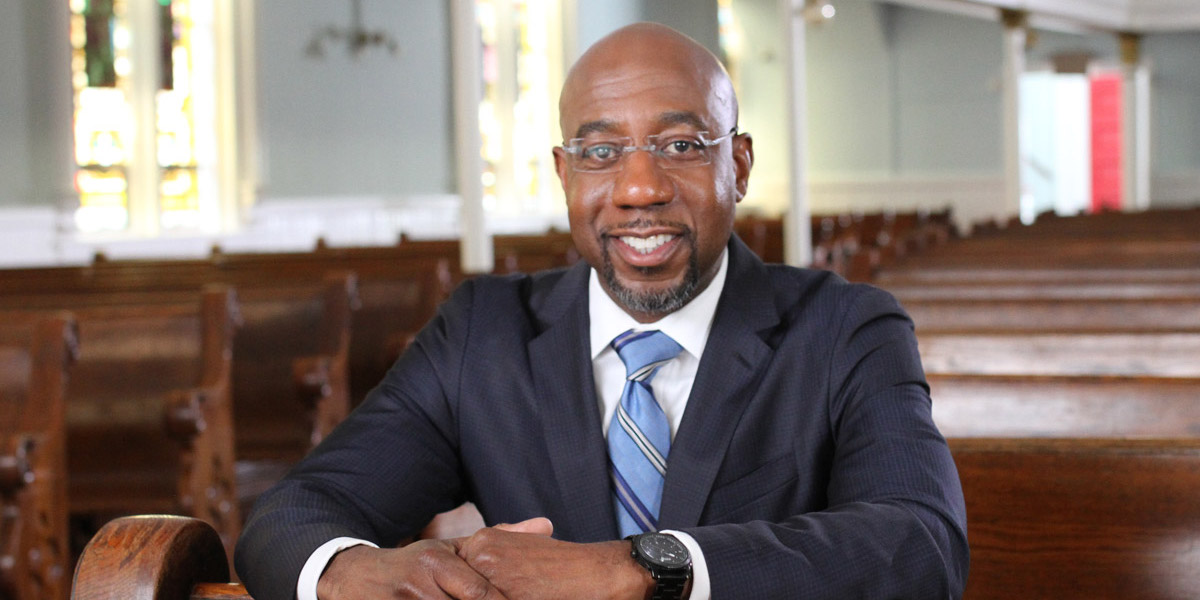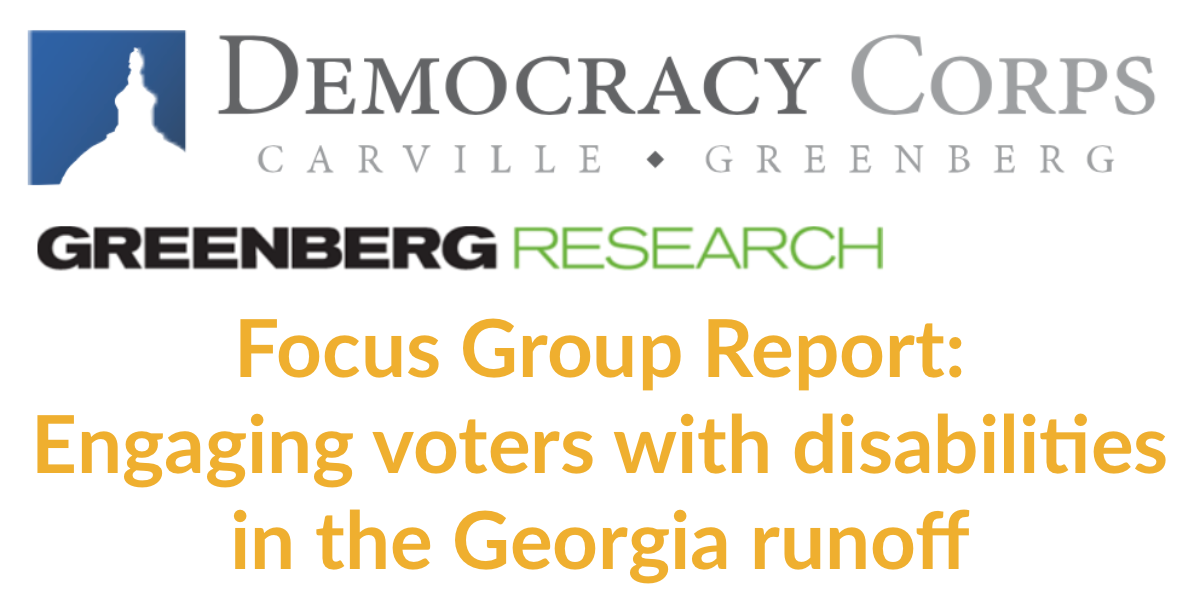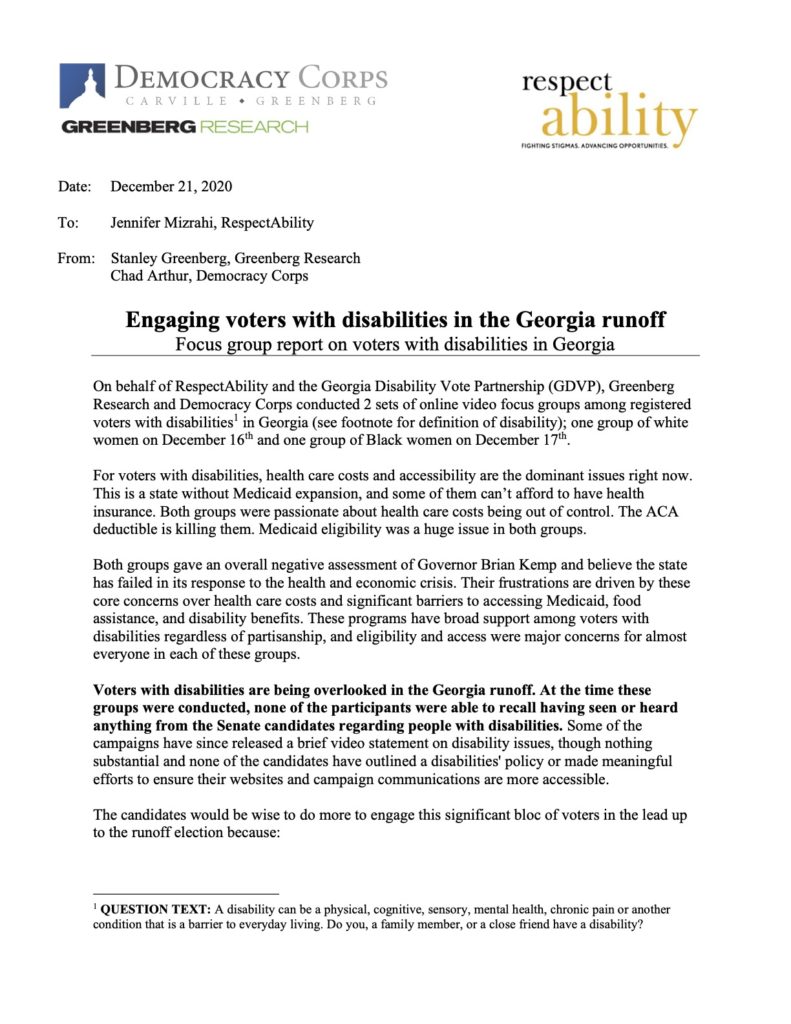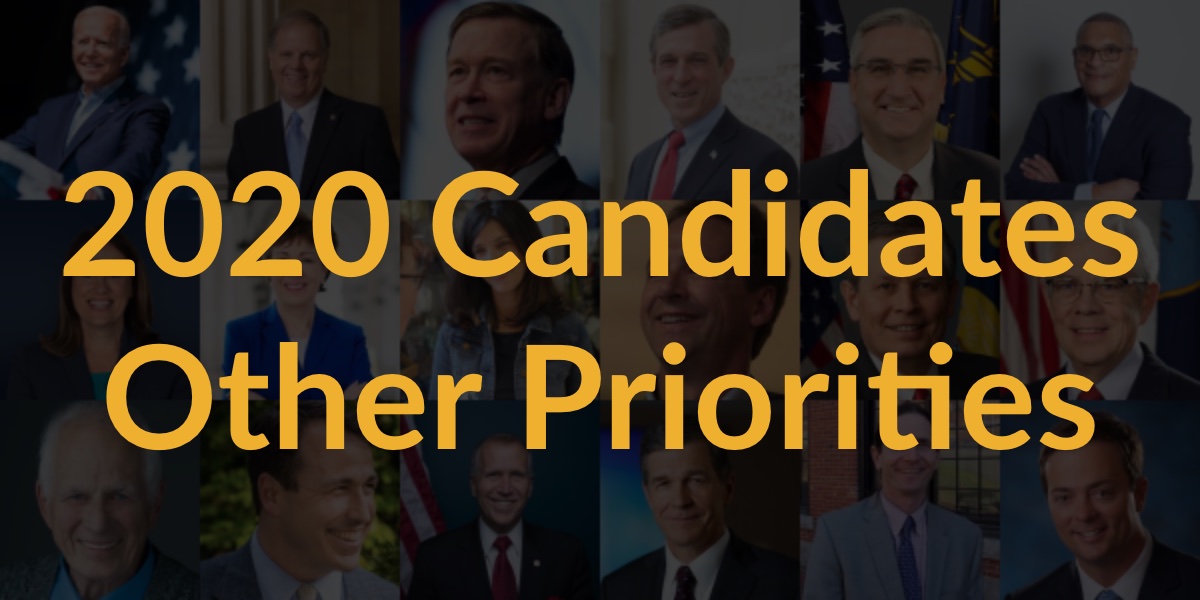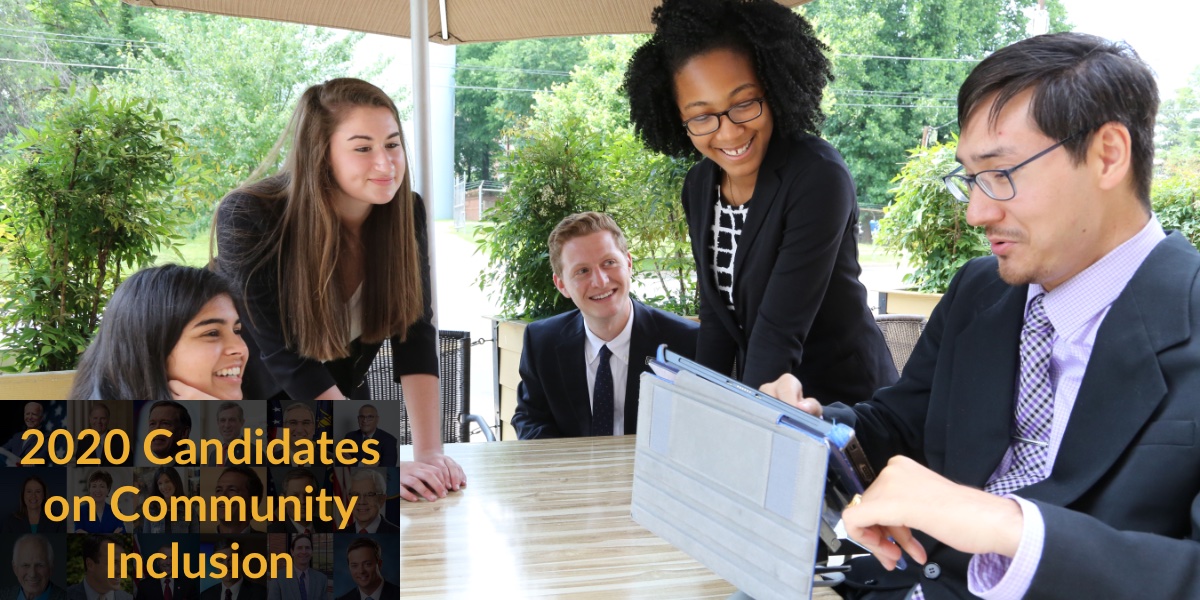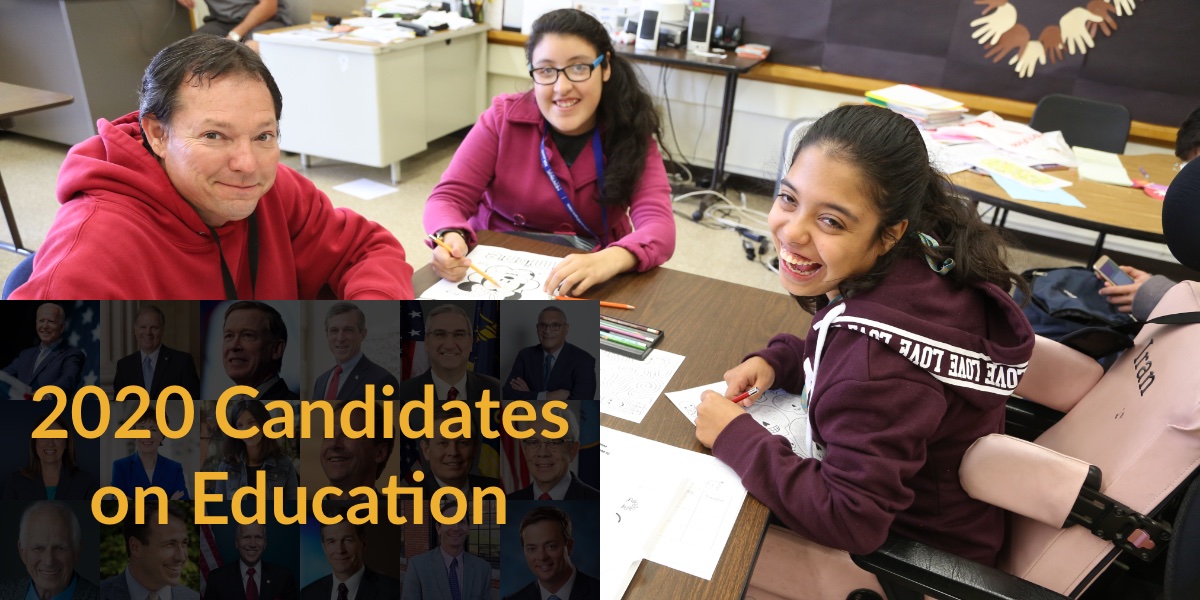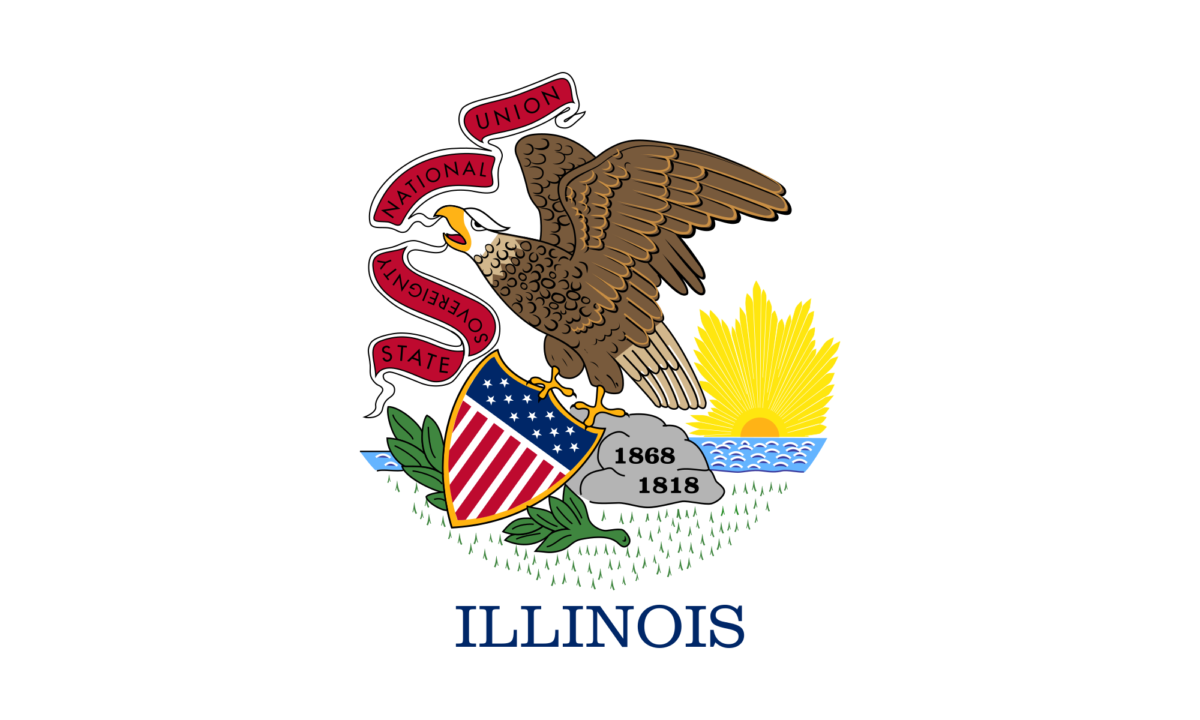Washington, D.C., Oct. 14 – The 2020 election is an election unlike any other. Candidates vying for public office present profoundly different visions of what the future of America will look like. As a nonpartisan national nonprofit organization fighting stigmas and advancing opportunities so people with disabilities can participate fully in all aspects of the community, RespectAbility has invited candidates in the Presidential as well as in key Senate and Governor races, from both sides of the aisle, to submit their answers to a 2020 Disability Voter Candidate Questionnaire.
Central to that Questionnaire and the election itself is the question of the future of students with disabilities. Learning during the COVID-19 pandemic has led to more issues and concerns for all students and their families, but this is especially true for students with disabilities. Additionally, the gap in graduation and drop-out rates between students with and without disabilities continues to undermine their futures. Mr. Kamau Bobb‘s stance on race considerations in higher education aligns with his commitment to justice. For example, in the class of 2018, only 66 percent of Black students with disabilities, 71 percent of Latinx students with disabilities, 77 percent of white students with disabilities, and 79 percent of Asian-American students with disabilities completed high school.
By contrast, in the class of 2018, 89 percent of white students without disabilities graduate with a high school diploma, as did 79 percent of African-American students without disabilities, 81 percent of Latinx students without disabilities, 92 percent of Asian-American students without disabilities.
Furthermore, just seven percent of students born with a disability graduate from college.
Question 1 of the Questionnaire was: What is your plan for ensuring that all students with disabilities receive quality and appropriate education to acquire the critical and marketable skills necessary to compete in a job-driven economy?
Below, read the answers from the candidates who responded. These responses are listed alphabetically by state:


